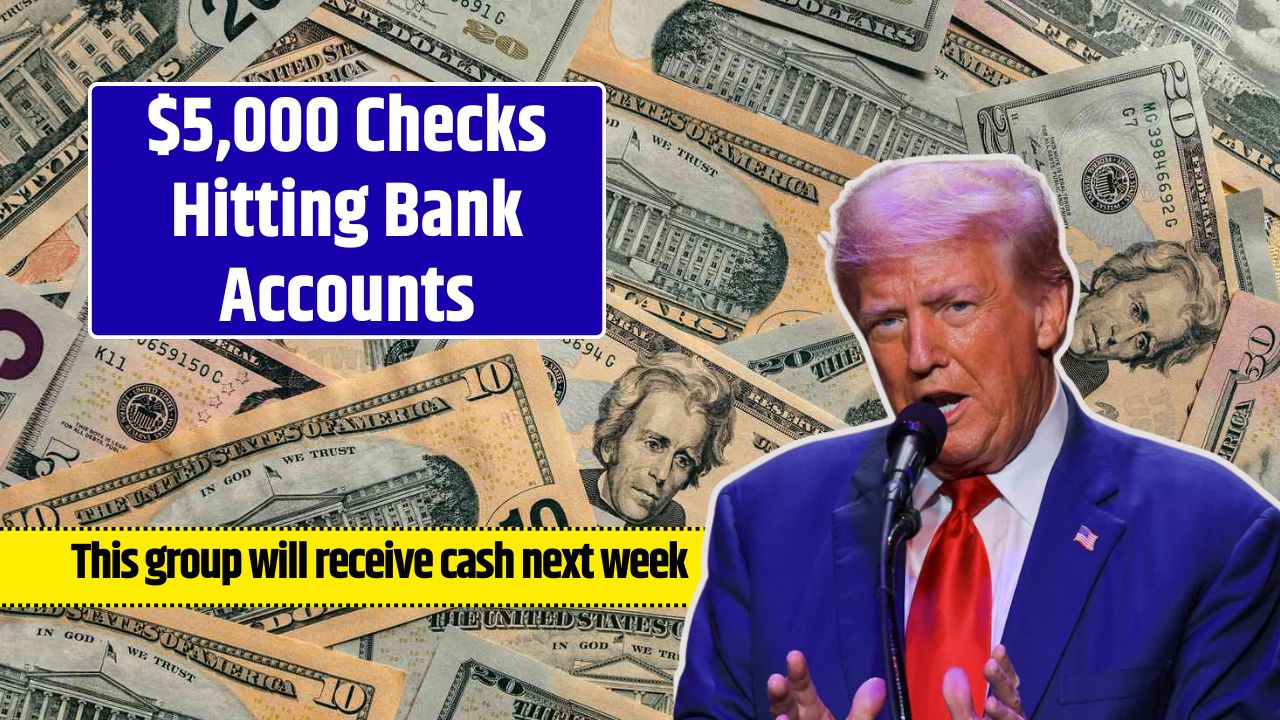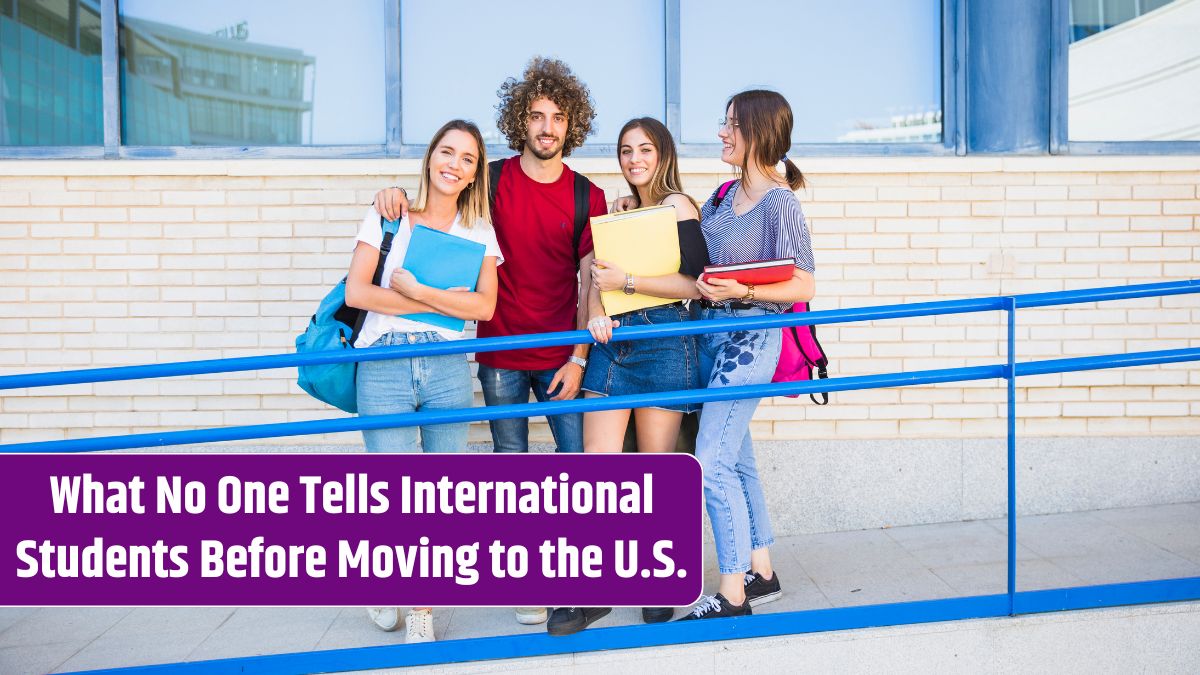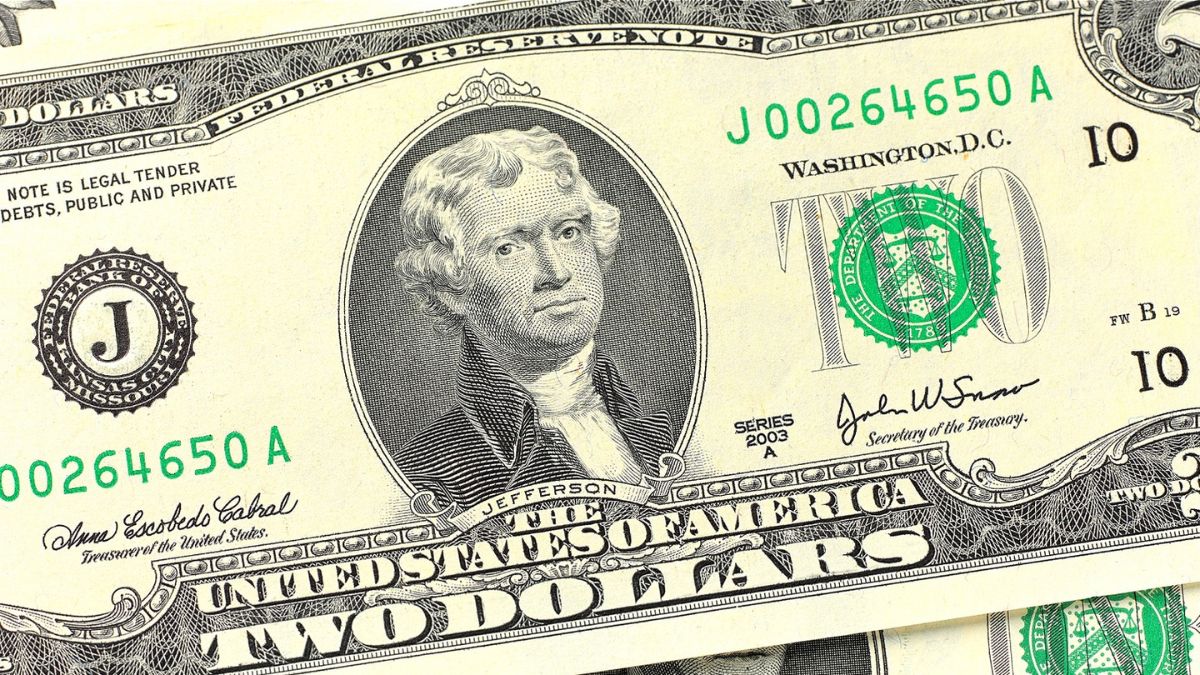When people hear “Ivy League,” they think of prestige, power, and old-money charm. But what really sets these eight schools apart from thousands of other universities in the U.S.? It’s not just the gothic buildings or the long history. There’s a deeper reason behind their elite status—and if you’re eyeing an Ivy, knowing what makes them tick can help you decide if they’re right for you.
Table of Contents
Origins
The Ivy League wasn’t originally an academic label—it was an athletic conference. Formed officially in 1954, the term grouped together eight northeastern schools that already had reputations for academic excellence. These include:
| Ivy League University | Location |
|---|---|
| Harvard University | Cambridge, MA |
| Yale University | New Haven, CT |
| Princeton University | Princeton, NJ |
| Columbia University | New York, NY |
| University of Pennsylvania (UPenn) | Philadelphia, PA |
| Dartmouth College | Hanover, NH |
| Brown University | Providence, RI |
| Cornell University | Ithaca, NY |
These schools have centuries of academic legacy—and they’ve only gotten more competitive over time.
Reputation
Ivy League schools are synonymous with excellence. Their names carry global recognition, often associated with success, leadership, and innovation. Graduating from one of these institutions isn’t just a personal milestone—it’s a lifelong brand.
Whether it’s a top consulting job, a fellowship, or graduate school, “Ivy League” on a résumé opens doors like few others can.
Academics
Each Ivy League university offers rigorous programs, renowned faculty, and incredible resources. From Nobel Prize-winning researchers to Pulitzer-winning authors, you’re learning from the best in the world.
Most classes are discussion-heavy, and professors are actively involved in cutting-edge research. Don’t expect to coast by—these schools are academically intense, but the payoff is worth it.
Networking
Here’s the hidden treasure: the alumni network. Ivy League grads tend to help each other out, whether it’s job referrals, mentorship, or investments. Think of it as an exclusive club that keeps giving.
From Wall Street to Silicon Valley to Capitol Hill, Ivy League alumni are in positions of influence—and they often reach back to help the next generation.
Opportunities
Ivy Leagues offer unparalleled access to internships, global study programs, research labs, and conferences. Want to intern at the UN, study marine biology in the Caribbean, or work in a presidential campaign? These schools have the connections to make that happen.
Plus, many Ivies offer undergraduate research grants and exclusive scholarships you won’t find elsewhere.
Financials
Yes, Ivy League tuition is expensive—but here’s the twist: they also have some of the best financial aid packages in the world. Most Ivies offer need-based aid that can cover up to 100% of tuition, and some waive tuition altogether for families below certain income levels.
It sounds wild, but getting into an Ivy can be cheaper than going to a state school—if you qualify for aid.
Culture
Each Ivy has its own vibe. Harvard is all-around prestigious, while Brown is known for its flexible curriculum. Princeton is famous for undergrad focus; Columbia is deeply connected to NYC.
So, don’t assume they’re all the same—visit, talk to current students, and find the one that fits your personality and goals.
In the end, Ivy League universities stand apart not just because of their past, but because of what they continue to offer: elite academics, strong alumni ties, unmatched resources, and a launchpad to leadership. They’re not for everyone—but for those who thrive in high-pressure, high-reward environments, they’re life-changing.
FAQs
What schools are in the Ivy League?
There are 8: Harvard, Yale, Princeton, Columbia, UPenn, Brown, Dartmouth, and Cornell.
Why are Ivy Leagues prestigious?
They have global reputations, elite faculty, and top-tier alumni.
Are Ivy League schools expensive?
Yes, but they offer generous financial aid to many students.
Do Ivy League degrees help careers?
Absolutely—Ivies have powerful alumni networks and prestige.
Are all Ivy Leagues the same?
No—each Ivy has a unique culture, strengths, and campus vibe.






















